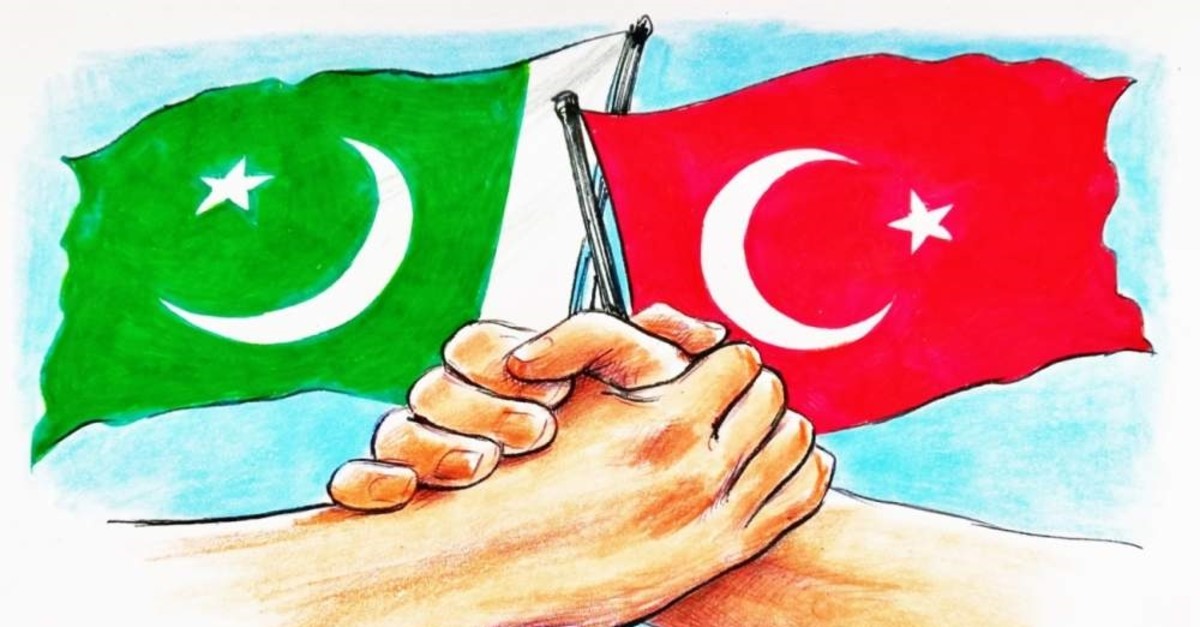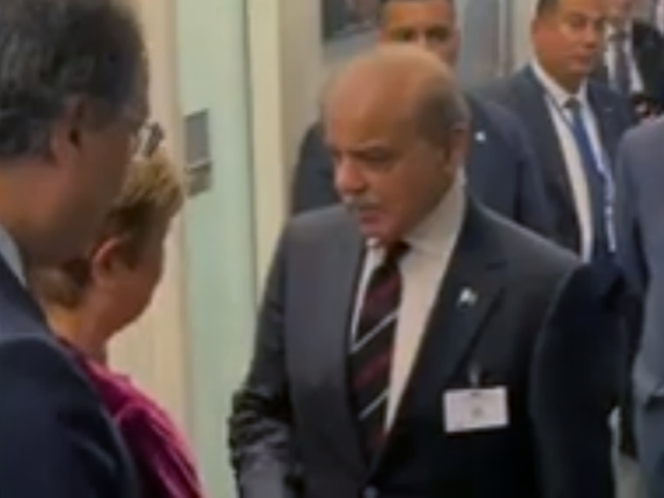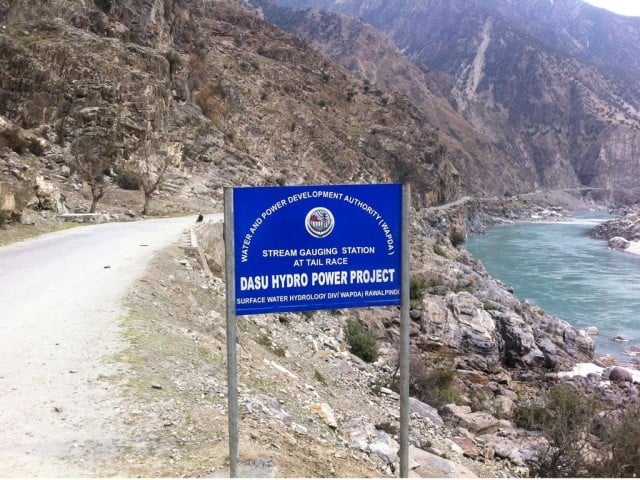In a significant move to bolster economic ties and foster mutual business growth, Turkiye and Pakistan have committed to increasing their trade and investment activities across various sectors. This decision was formalized during a Round Table Business Conference, which was co-chaired by Turkiye’s Trade Minister, Prof. Dr. Omer Bolat, and Pakistan’s Federal Minister for Board of Investment, Privatization, and Communications, Abdul Aleem Khan. The conference highlighted the long-standing relationship between the two countries and set the stage for a new chapter in bilateral economic cooperation.
The conference saw the participation of key figures from both nations, including Turkiye’s Deputy Trade Minister, Mustafa Tuzcu, and Ambassador to Pakistan, Mehmet Pacaci. Leading representatives from Turkiye’s Chambers of Commerce, as well as prominent members of Pakistan’s business community, were also present. The discussions were focused on identifying areas where the two nations could collaborate more effectively, with a particular emphasis on boosting bilateral trade and enhancing investment opportunities.
Abdul Aleem Khan, while addressing the conference, underscored the deep-rooted brotherhood, mutual cooperation, and friendly relations that have existed between Turkiye and Pakistan for decades. He highlighted that these ties have already led to several economic and joint business agreements, which have laid a strong foundation for future collaboration. “Pakistan is eager to strengthen its bilateral investment and business relations with Turkiye,” Khan stated, adding that the current global economic environment presents an ideal opportunity to enhance economic activities between the two countries.
Khan expressed his appreciation for the interest shown by the Turkish business community in Pakistan, noting that increased cooperation would be mutually beneficial. He assured the attendees that Pakistan would provide all possible support to facilitate Turkish investments and business ventures in the country. “We are committed to creating an environment where both Turkish and Pakistani businesses can thrive,” Khan emphasized.
In his address, Turkish Minister of Commerce Prof. Dr. Omer Bolat echoed Khan’s sentiments, expressing optimism about the future of economic and business relations between the two countries. He described the ongoing collaboration as a “new beginning” for Turkiye and Pakistan, pledging that Turkiye would continue to offer all possible cooperation to Pakistan in every circumstance. Bolat’s commitment to strengthening bilateral ties was welcomed by the Pakistani business representatives, who saw it as a positive step towards deeper economic integration.
The discussions during the conference also touched upon specific sectors where bilateral investment could be increased. Turkish business leaders proposed enhanced collaboration in sectors such as infrastructure, where Turkiye’s advanced machinery and Pakistan’s abundant raw materials could complement each other effectively. Representatives from Pakistan’s major commercial institutions were enthusiastic about these proposals, recognizing the potential for significant economic gains through such partnerships.
Meanwhile, in a related development, Pakistan’s Ambassador to China, Khalil Hashmi, met with Federal Minister Abdul Aleem Khan to discuss the progress of Pakistan’s economic engagements with China. During the meeting, Ambassador Hashmi briefed Khan on the active role being played by the Pakistani Embassy in China, particularly the Commercial Section, which he said is working tirelessly to strengthen economic ties between the two nations.
Aleem Khan expressed his appreciation for the efforts of the Pakistani Embassy in China, particularly in facilitating the arrival of more than 100 Chinese companies to Pakistan’s business sector for the first time. He described this development as a positive sign for the future of Pakistan-China relations, noting that it would open up new avenues for business-to-business (B2B) activities between the two countries.
Khan further elaborated on the scope of Chinese investment in Pakistan, stating that there are plans for significant investments in key sectors such as textiles, plastics, surgical instruments, and footwear. He also mentioned the possibility of joint ventures in the construction sector, which would bring together the expertise and resources of both Chinese and Pakistani companies. “The collaboration between Chinese and Pakistani businesses will undoubtedly bring about more positive outcomes for both nations,” Khan asserted.
To ensure the success of these ventures, Khan stressed the importance of providing all necessary support to Chinese companies by Pakistani institutions and government authorities. He proposed holding joint business sessions between Chinese and Pakistani companies as a means of fostering closer ties and facilitating smoother business operations. Such initiatives, he suggested, would lead to a stronger, more resilient economic partnership between the two countries.
As Turkiye and Pakistan embark on this new phase of economic collaboration, the commitment from both sides to enhance trade and investment is evident. The agreements reached during the Round Table Business Conference, coupled with ongoing efforts to strengthen ties with China, signal a promising future for Pakistan’s economic landscape. The focus on increasing mutual cooperation, removing trade barriers, and facilitating investment is expected to yield significant benefits for both Turkiye and Pakistan, driving economic growth and fostering long-term prosperity.




